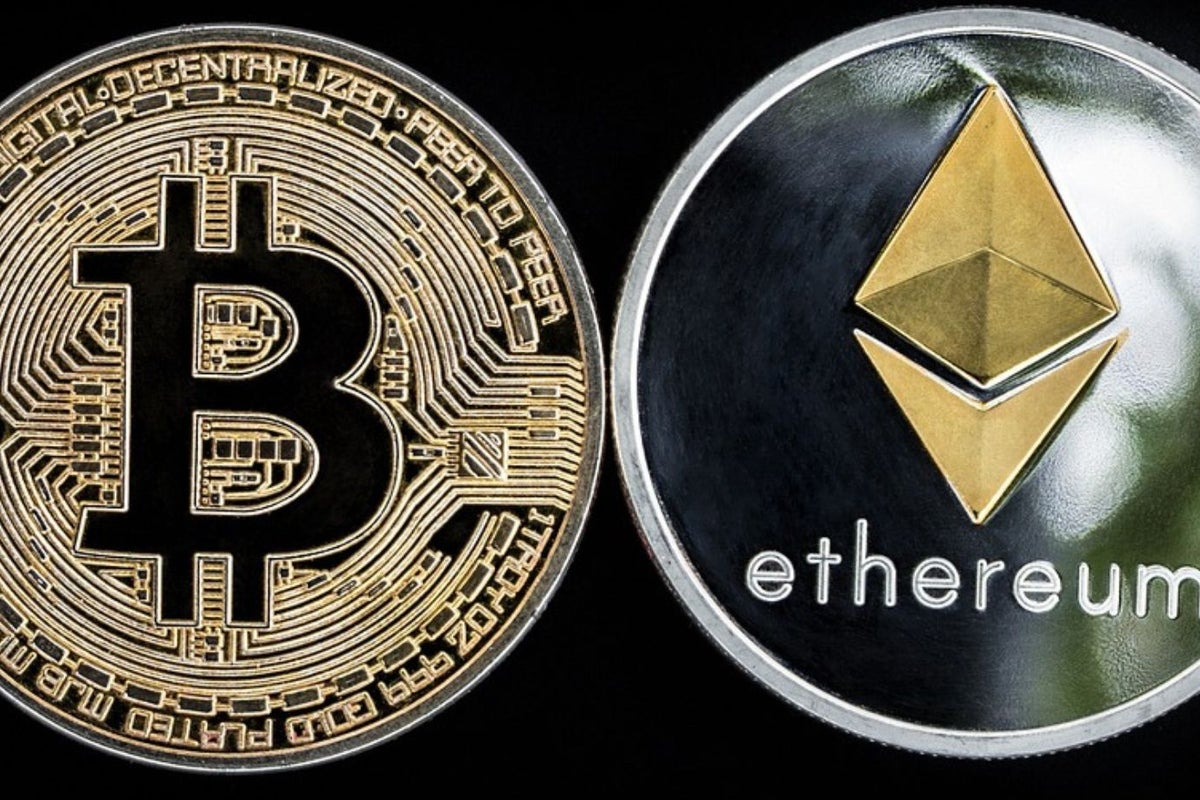Sony’s latest NFT Patent Push proposes Web3 Path for PlayStation
No video game console manufacturer has publicly embraced NFTs to date, but tech giant Sony – the company behind the hugely popular PlayStation brand – continues to make moves behind the scenes, as revealed by its latest NFT-related patent application.
The application, sent in in September 2021 in the US and published last week, outlines Sony’s intentions to create standardized digital infrastructure that will allow players to own and transfer digital NFT assets across various video game platforms.
“The standardized format can be readable for inserting the digital asset into different computer simulations which can include different video games with different titles,” the application states. “In addition, or alternatively, […] readable via various video game platforms such as PlayStation and Xbox.”
Sony suggested that these assets could include items such as in-game skins, artwork, avatars, weapons or even “video game skills”. In addition, the application suggested that they could be “connected over a network” from PlayStation to consoles from other manufacturers, as well as via VR and AR headsets, smart TVs and mobile devices.
By the end of 2022, Sony claimed to have 112 million PlayStation Network users. The network includes online-connected players on PlayStation 5, as well as older console and handheld hardware.
This is not Sony’s first move towards establishing a framework for NFT gaming assets. It was disclosed in a patent archiving published last November that the Japanese firm has been keen to capitalize on the growing esports sector since 2021 with a range of in-game digital collectibles.
However, in the latest filing, Sony claimed that modern game console systems are “technologically insufficient for the owner to use the asset across different games and/or platforms.”
Sony has previously tried to keep its PlayStation Network ecosystem isolated from other console makers, but eventually relented and allowed cross-play after growing backlash from gamers. Sony’s cross-platform multiplayer movement was largely spurred by the success of Epic Games’ popular free-to-play shooter, Fortnite.
Still, when it comes to traditional video game assets that players have purchased and/or earned, closed ecosystems remain the norm. It’s a contentious issue that Web3 advocates say blockchain technology is well-suited to solve.
Currently, in-game assets such as skins or weapons on Fortnite, for example, are tied to a specific centralized account or servers – in that case, Epic Games. Therefore, such assets cannot be transferred or sold by the player to other players, or transferred outside the game world for use in other games and platforms.
In practice, this means that players can invest their time and money in acquiring prestigious collectibles without the means to pull them out of the system – or at worst, have them become unavailable if the game shuts down or faces technical issues.
Despite what some see as potential benefits for players, many players have been vocally opposed to NFTs and Web3 technology. Game publishers such as Ubisoft and Square Enix have faced significant backlash for entering the space, with critics citing crypto scams and high prices for top NFT profile pictures (PFPs) among their complaints.
Sony may be keen on a Web3 future for the PlayStation if the growing backlog of patent applications is any indication. However, the company has previously pushed back on the notion that it was dealing in NFTs. In 2022, a company executive strongly dismissed speculation that the PlayStation Stars loyalty program had anything to do with NFTs.
“It’s definitely not NFTs. Definitely not,” said Grace Chen, Sony’s VP of Network Advertising, Loyalty, and Licensed Merchandise. Washington Post. “You can’t trade them or sell them. It does not leverage any blockchain technologies and definitely not NFTs.”


